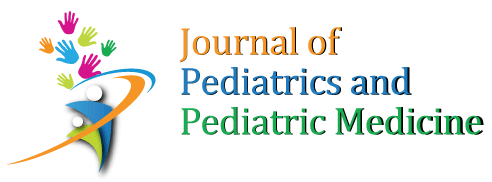Pediatric Principles for Pediatric Surgeons - Part I Parenteral Maintenance Fluid Therapy
DOI: 10.29245/2578-2940/2019/1.1141 View / Download PdfMoustafa Hamchou1, Bahjat M. Sahari1, Adnan R. Swid1, Abdul-Kader Souid2*
1Department of Surgery, Tawam Hospital, Alain City, United Arab Emirates
2College of Medicine and Health Sciences - UAE University, Alain City, United Arab Emirates
Kratom: An Opioid-like Herbal Supplement Pediatricians Should Know About
Whitney B. EldridgeMednax Incorporated, Sunrise Florida
Kratom is a legal, widely-available herbal supplement with opioid-like properties increasingly used by those with opioid dependence to self-treat opioid withdrawal. Kratom binds to opioid receptors and can induce withdrawal, dependence, and toxicity. Classification of Kratom as an opioid is controversial. The search for non-opioid alternatives for the treatment of opioid dependence has intensified in the current opioid epidemic. Kratom is heavily advertised as one such safe non-opiate alternative and has been used by pregnant women with chronic opioid use resulting in neonatal abstinence syndrome. Kratom cannot be detected on routine toxicology screening. As kratom use becomes more widespread, pediatric populations will likely be impacted and pediatricians should familiarize themselves with its pharmacology and adverse effects to appropriately counsel parents and care for kratom-exposed patients. This article reviews kratom’s pharmacology, uses, potential benefits as a therapeutic, and risks for pediatric patients.
DOI: 10.29245/2578-2940/2019/1.1142 View / Download Pdf